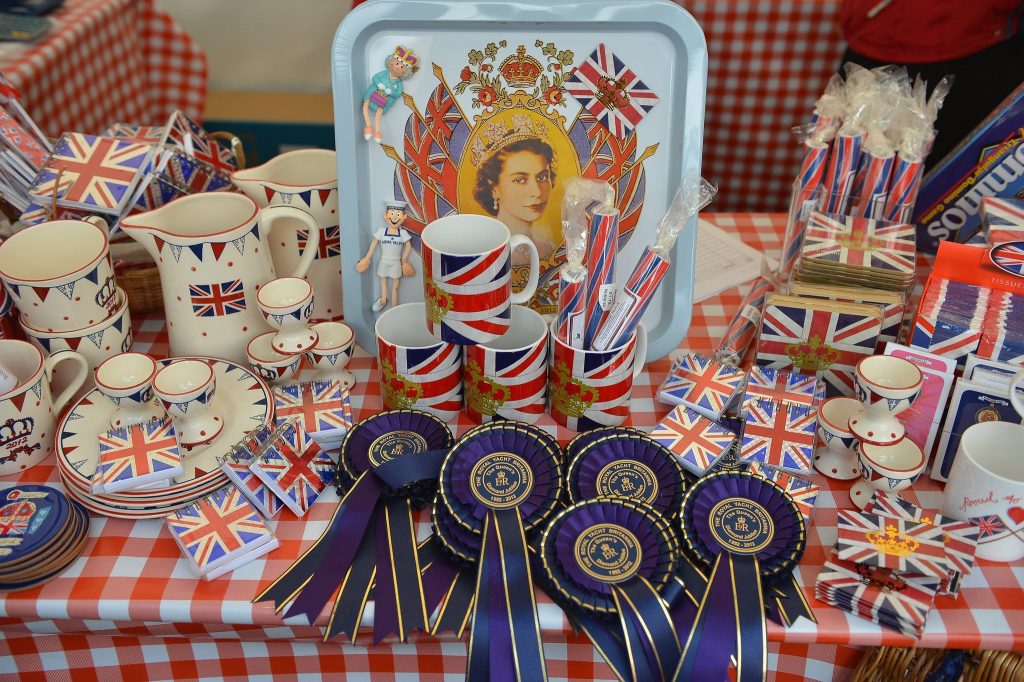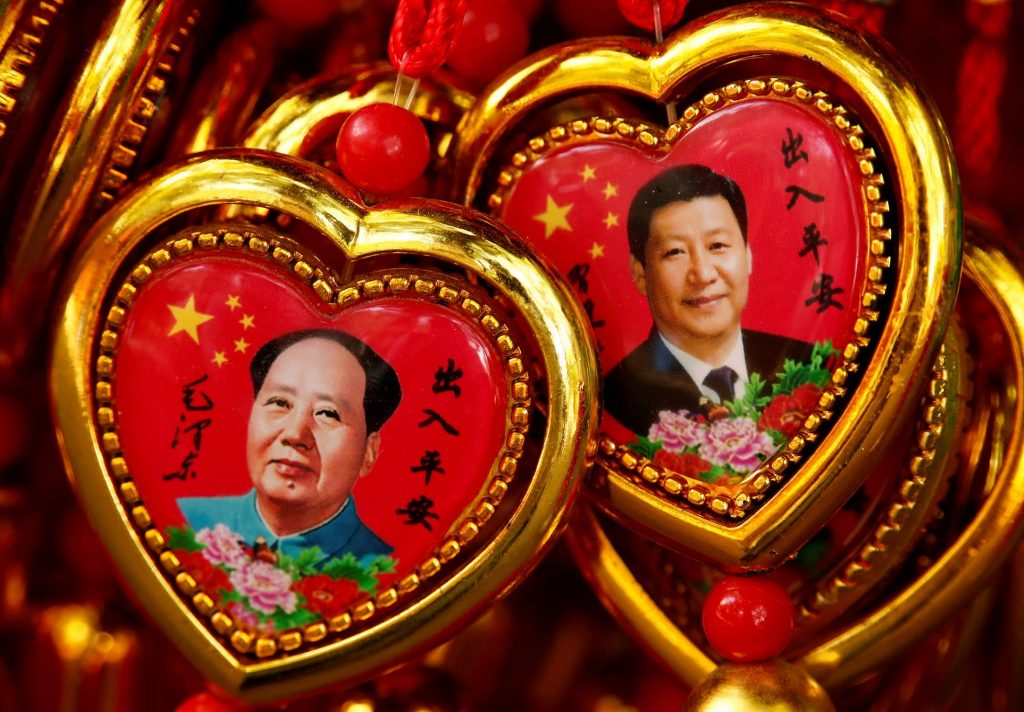As Louis IX, thirteenth century King of France lay on his deathbed; he warned his eldest son that he, “would rather have a Scot come from Scotland to govern the people of this kingdom well and justly than that you should govern them ill in the sight of all the world.” Louis was indeed a man of his times, regarding himself as the Christly shepherd of his subjects. For Louis, the salvation of himself and his subjects transcended the importance of nation. In France as in the rest of western Europe, the medieval Monarch routinely completed for their jurisdiction over the population with the Church, the Crown, the Lords, the Aristocracy, universities, cities and the guilds of various professions.
The Crown had acquired a monopoly on certain areas of jurisdiction by Louis’ time. The subsequent rise of national identity, centralised government bureaucracy and the Protestant Reformation’s attack on the privileges of the Catholic Church meant that Crown authority became increasingly predatory In many areas of Europe- such as France- Monarchies gained an unrivalled hold on power in the centuries leading up to the French Revolution. Yet in England, the Monarch’s political capital began to decline dramatically from the late seventeenth century. The chaotic Civil War and a brief and bloody republican era made Britons fearful of revolution. The Glorious Revolution of 1688 elevated the role of parliament without seeking the obliteration of tradition. Subsequent Acts such as the English Bill of Rights deliberately harked back to historic Acts of the Crown such as Magna Carta, the Petition of Right, and the Habeas Corpus Act as sources of its legitimacy. The revolution judged the overthrown King James II to have violated the historic precedent of an English King’s authority. Today, the British monarchy is more akin to a political referee rather than a political player. The Crown as a formal institution remains, but the royals themselves have close to zero influence in political decision-making.
The incumbent Queen is an icon. Plastered across mugs and postcards across London gift shops, she reigns over many people’s hearts, but she is no longer their ruler. Fashionable critics consistently lambast royal wealth.
In reality, the Royal coffers are dwarfed by the billions of corporations and celebrities. Their financial burden (about 56 pence annually per family) is vastly outweighed by the millions they attract in tourism, not to mention the cultural and emotional value assigned to them by the British public. So, given that the political role of the Royals has long been in decline, the question remains: what are they for now?

A 1999 editorial in The Spectator, discussed how “For politicians in democracies, the business of government is all too often a great game, a chance to strut and posture their little moment on the stage.” The idea of the Monarch as a source of reverence outside the tainted political arena is popular among Brits. Royalty is in some cases a sure path away from the worship and showbiz-style fanaticism characteristic to the politics of many republics. If we have someone else to like better than our politicians, the idea is that we will hold those with the true reigns of power better to account. The revolutions of Lenin, Mao and Robespierre although they sought to do away with tradition, in fact, reinstated the worst aspects of the ancient regime and erected new personality cults for authority figures to replace the celebration of royals. Although a core argument for Britain’s exit from the European Union were complaints about the EU’s democracy deficit, most Brits are unphased by the unelected element of their national constitution, given that its role is mostly at the behest of the parliament, unlike the unelected EU officials who possess a vast hold over the bloc’s political fate.

Linda Colley wrote at the end of the 1880s that “Monarch(y) as soap opera made the wrongs and rites of passage of ordinary … lives seem important and valuable in a way that no other aspect of British life could or can do.” The Edward & Wallis Simpson story provided an “hour of hate” for those angered at the betrayal of one’s duties. For some, it elevated a fairy-tale of self-sacrifice for the purpose of fulfilling a forbidden love affair. The death of Princess Diana in 1997 seemed to erect a whole Saint-cult of what she was imagined to represent: charity, beauty, bravery, anti-establishmentism. Her death, funeral, and its aftermath provided a nationwide outlet for sentimentality and secular worship. As outlined in Christopher Hitchens’ 1998the documentary “Diana: The Mourning After”, mainstream newspapers and TV stations seemed to adopt a collective vow against examining the legacy and idea of Diana, the person, as opposed to Diana as a useful fiction. Although a symptom of a somewhat vacuous and celebrity-obsessed society, ongoing gossip and scandal undoubtedly serve a role in modern affections and interest in the Royals. Although magazine headlines exposing alleged royal rifts or news of more serious criticisms such as Prince Andrew’s failure to cooperate over allegations of his knowledge and involvement regarding the late Jeffrey Epstein’s sex-trafficking crimes could just as easily cheapen and invalidate the royal brand.
In the midst of many media wranglings themselves, last year Harry & Meghan announced their decision step back as senior members of the royal family. Their powerful royal “brand” leaves them strategically placed to continue in their passion for advocacy. Last Wednesday, as part of The Queens Commonwealth Trust’s ongoing weekly discussions with young people “n response to the growing Black Lives Matter movement”, the Duke & Duchess participated in a conversation on fairness, justice and equal rights, in which youth leaders such as Founder and CEO of The Common Sense Network Mike Omoniyi were encouraged to recount their own experiences and their ideas for solutions. The conversation covered the idea of how critical the current moment is for advancing human rights and justice and pushing towards long-term, practical solutions for the future, as well as the importance of challenging unconscious bias and acknowledging mistakes of the past. Although Harry and Meghan’s exit from royal duties has opened up questions regarding the couple and their relationship with Royalty and the British media, the kind of concern for racial and social justice displayed in conversations such as last Wednesday’s could serve to increase the utility of their public role in the eyes of many young people.
Royalty, like all human institutions, is imperfect, but like Medcalf, it seems the British public prefer it to the alternatives. The legitimacy associated with Royalty gives it the potential to fill a role in public life that mere celebrities and politicians cannot. Yet as statues of historical figures from slave traders, to saints, to abolitionists, are being defaced and torn down across the world, the legitimacy of Royalty and its history has equally been drawn into question. If Royals wish their institution to survive, they will do well to play their hand cautiously when it comes to approaching the issues of the day, lest they overplay their self-importance, or misstep their judgement of the public’s mood.


